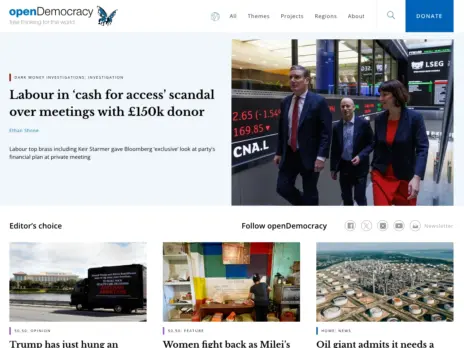
A judge has today spoken of her disappointment that few journalists are taking up the opportunity to report on family court proceedings.
The Ministry of Justice opened up the family courts to the media at the end of April as part of plans for greater openness in the justice system.
But Lynn Roberts, a judge at the Principal Registry of the Family Division in London, told the BBC Radio 4 Today programme that, after the initial interest, journalists were not attending day-to-day hearings.
And she said it was a shame that journalists only appeared to be interested in the more high-profile cases involving celebrities.
“There was a lot of enthusiasm on the first day – I had three journalists in my court on the first day – but I haven’t seen anybody since,” she told the programme this morning.
“I think it’s going to be cases which are perceived to be of particular public interest rather than the run-of-the-mill cases, which I think in a way is a bit of shame because it would be helpful if the public got an idea of what’s happening on a day-to-day basis rather than the spectacular celebrity cases.”
Roberts added: “We have a very good system in my view and I’m quite proud of how we do things and I think it would be very good for more people to understand how we reach these very difficult decisions.”
Times journalist Camilla Cavendish, who won British Press Awards campaign of the year for her battle to open up the family courts, said: “It is still extremely unclear what we can report on and what we can read.
“The Family court relies heavily on expert witness documents, which are not accessible to the press.
“It should be automatic that journalists see the document that matches the case unless there is a specific reason for the judge to decide otherwise.”
Justice minister Bridget Prentice said: “I think that it is inevitable the court will open up.
“It is important that justice is seen to be done and the press are an important part in ensuring that happens and we want to work with them.”
There have been widespread calls for greater openness in the family courts for a number of years, with pressure growing over undue secrecy in child protection cases following the death of Baby P in August 2007.
The little boy had suffered more than 50 injuries at the hands of his abusive mother, her boyfriend, and their lodger despite 60 contacts with the authorities over eight months.
Family courts are now open to any journalist accredited through the UK Press Card scheme. They are not open to bloggers, those who write occasional newsletters, or to foreign media not working in the UK.
The court is able to restrict attendance if a child’s welfare required it, or if it is necessary to do so for the safety and protection of parties or witnesses.
Email pged@pressgazette.co.uk to point out mistakes, provide story tips or send in a letter for publication on our "Letters Page" blog






